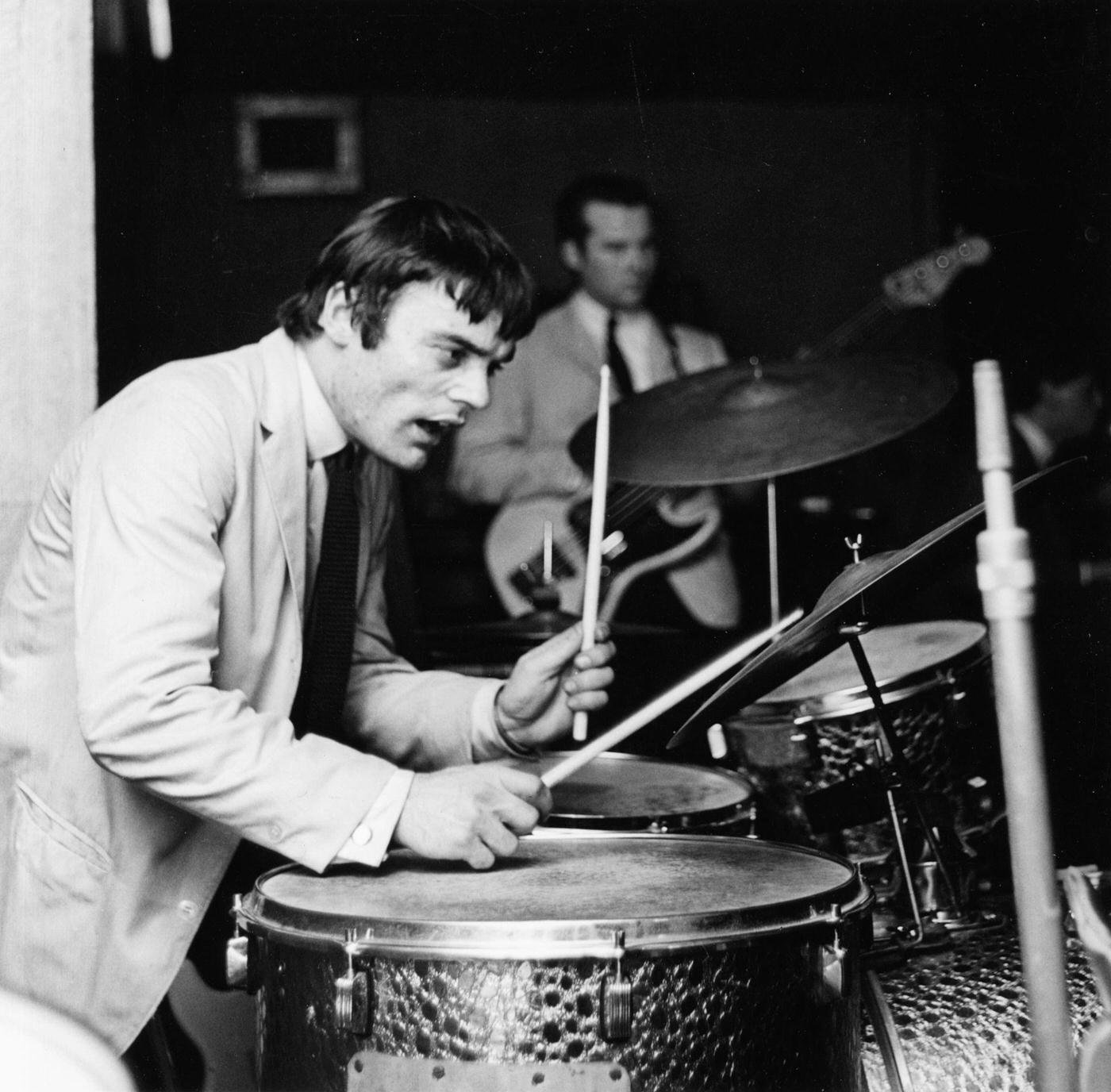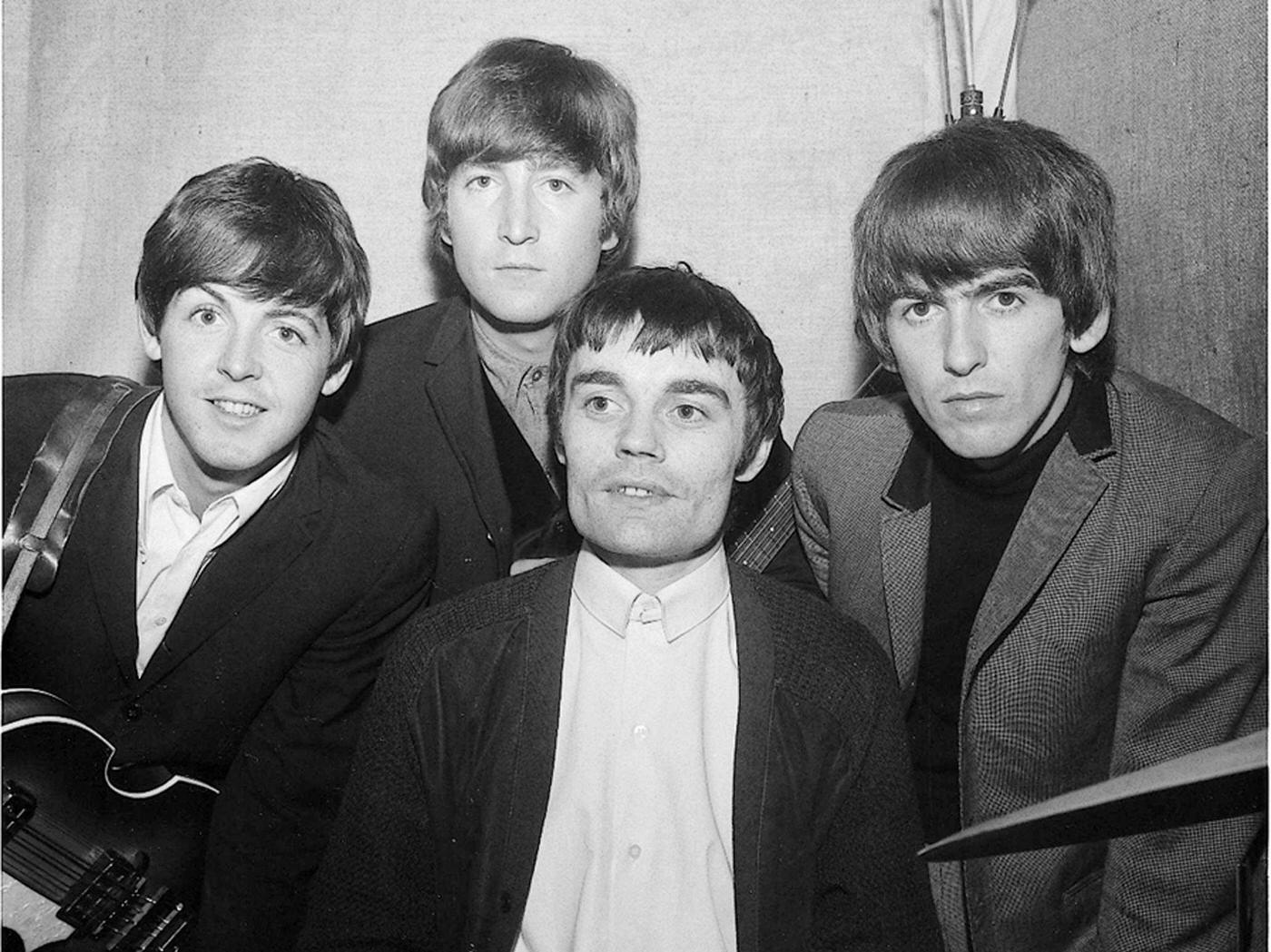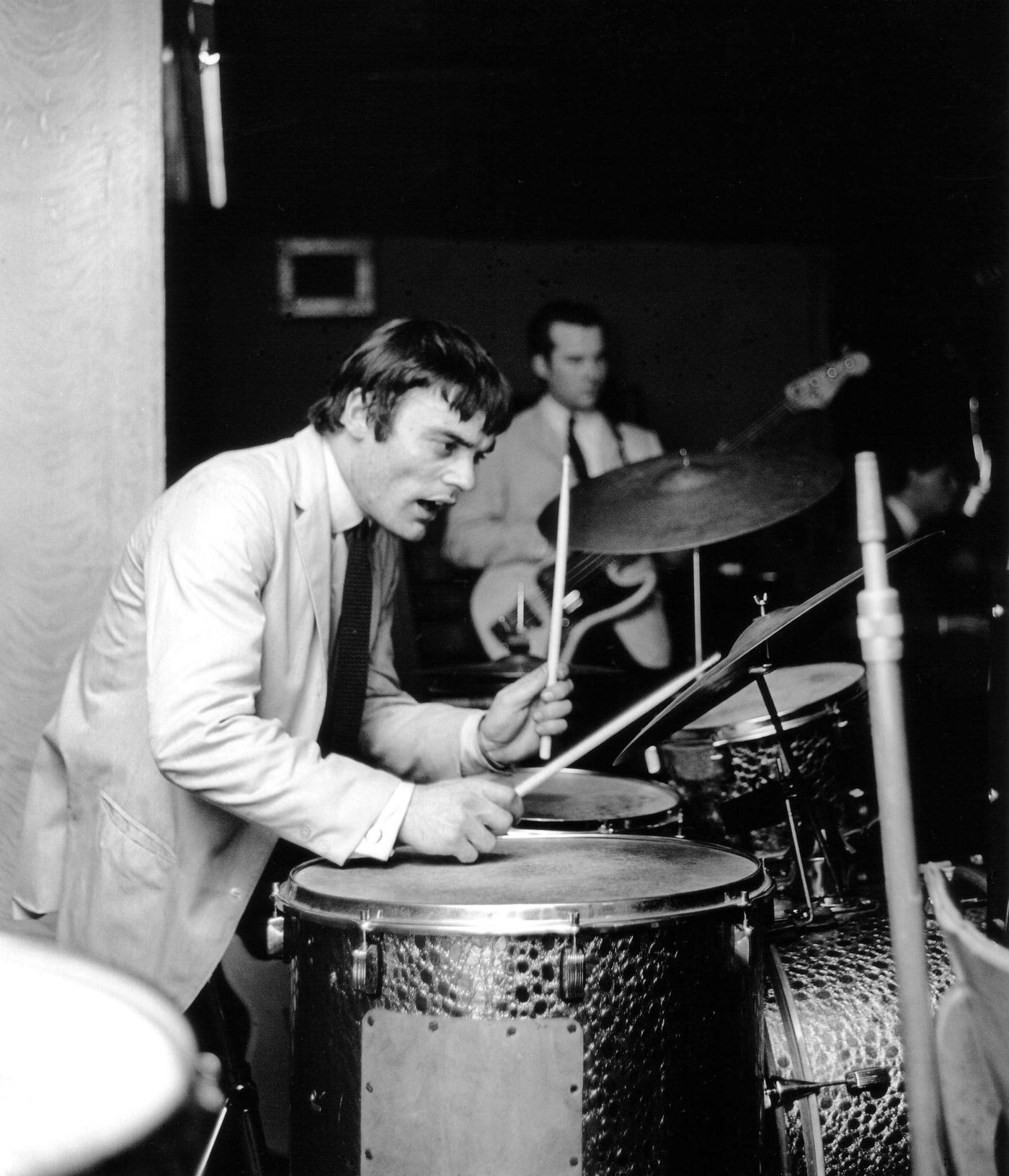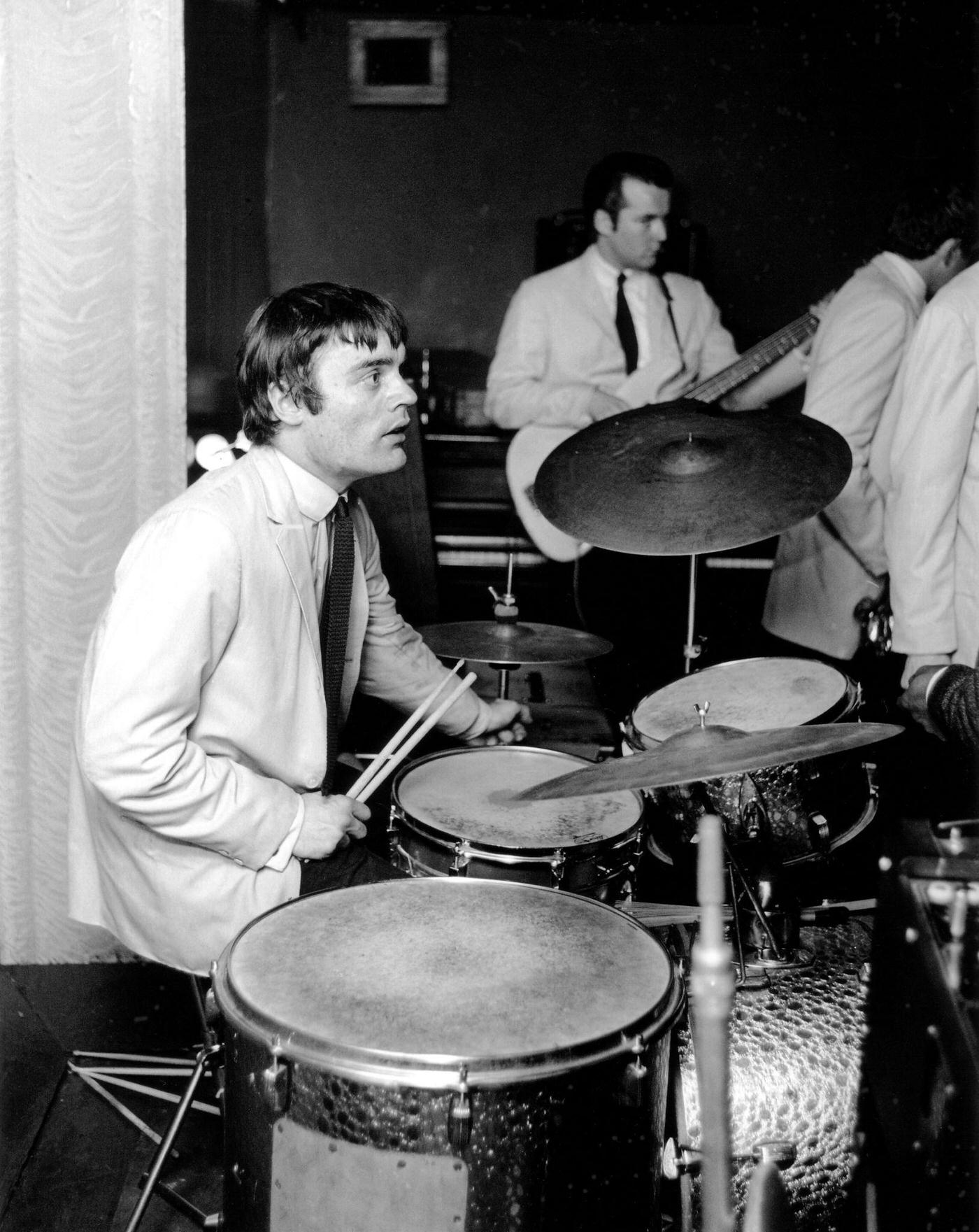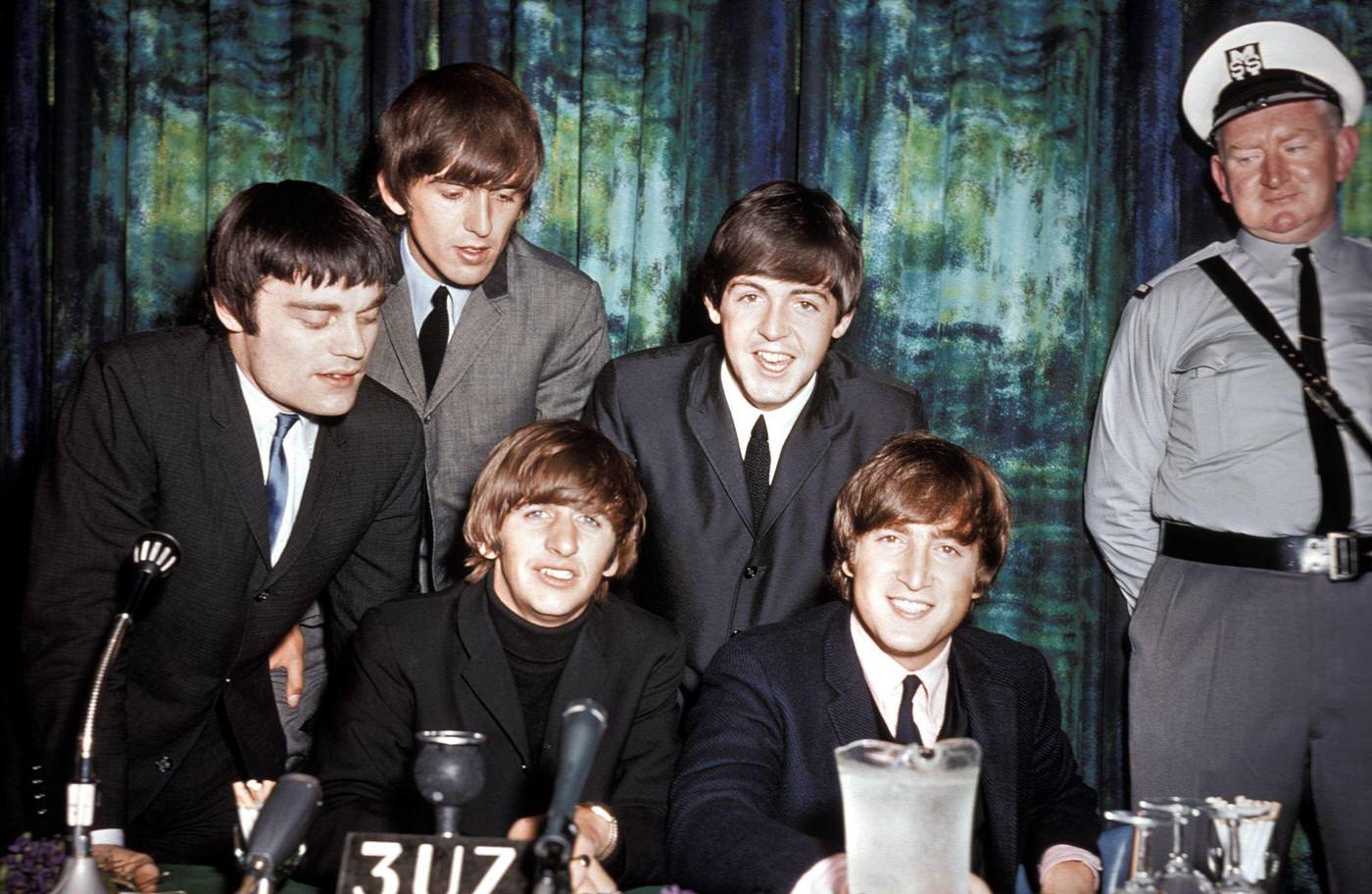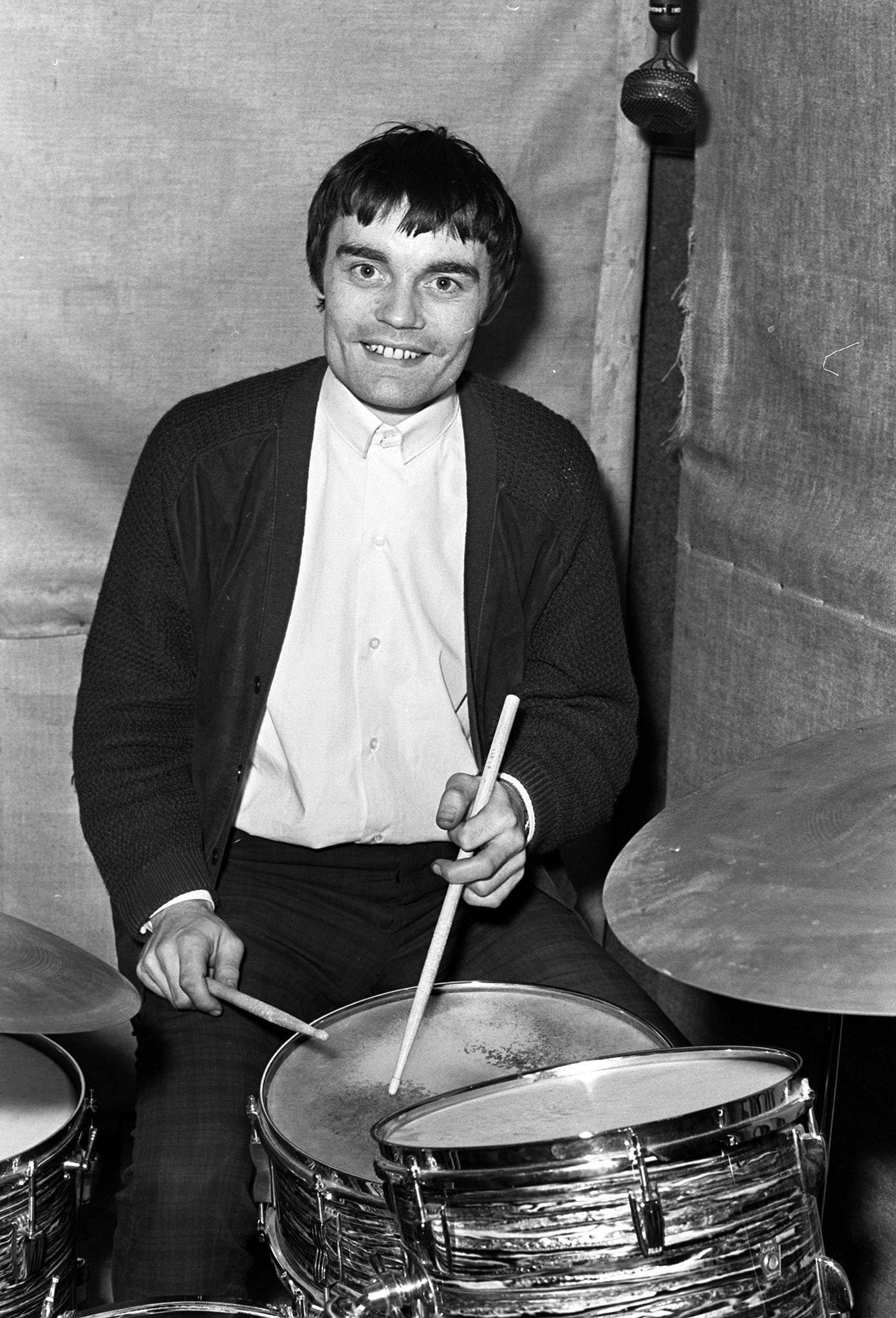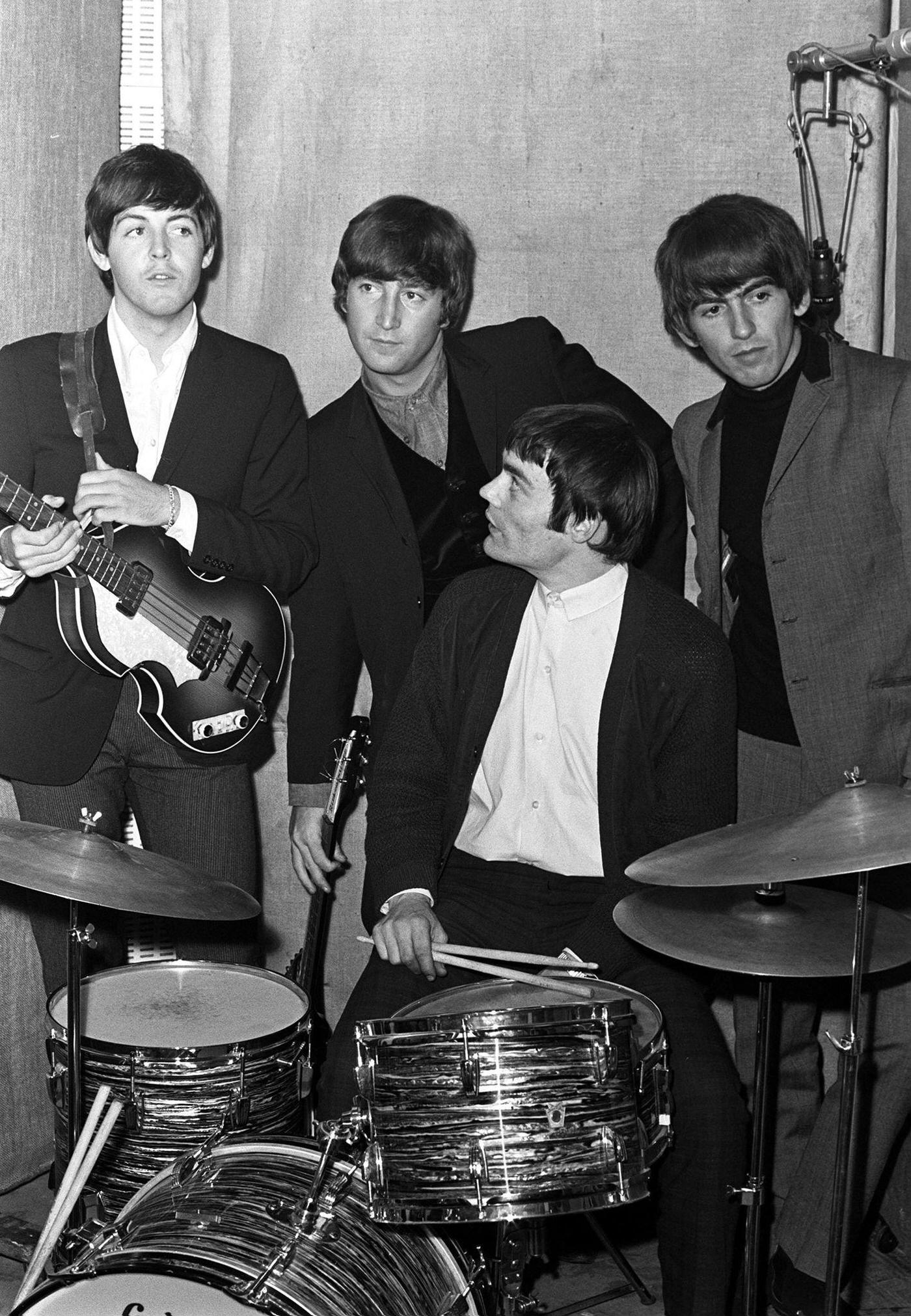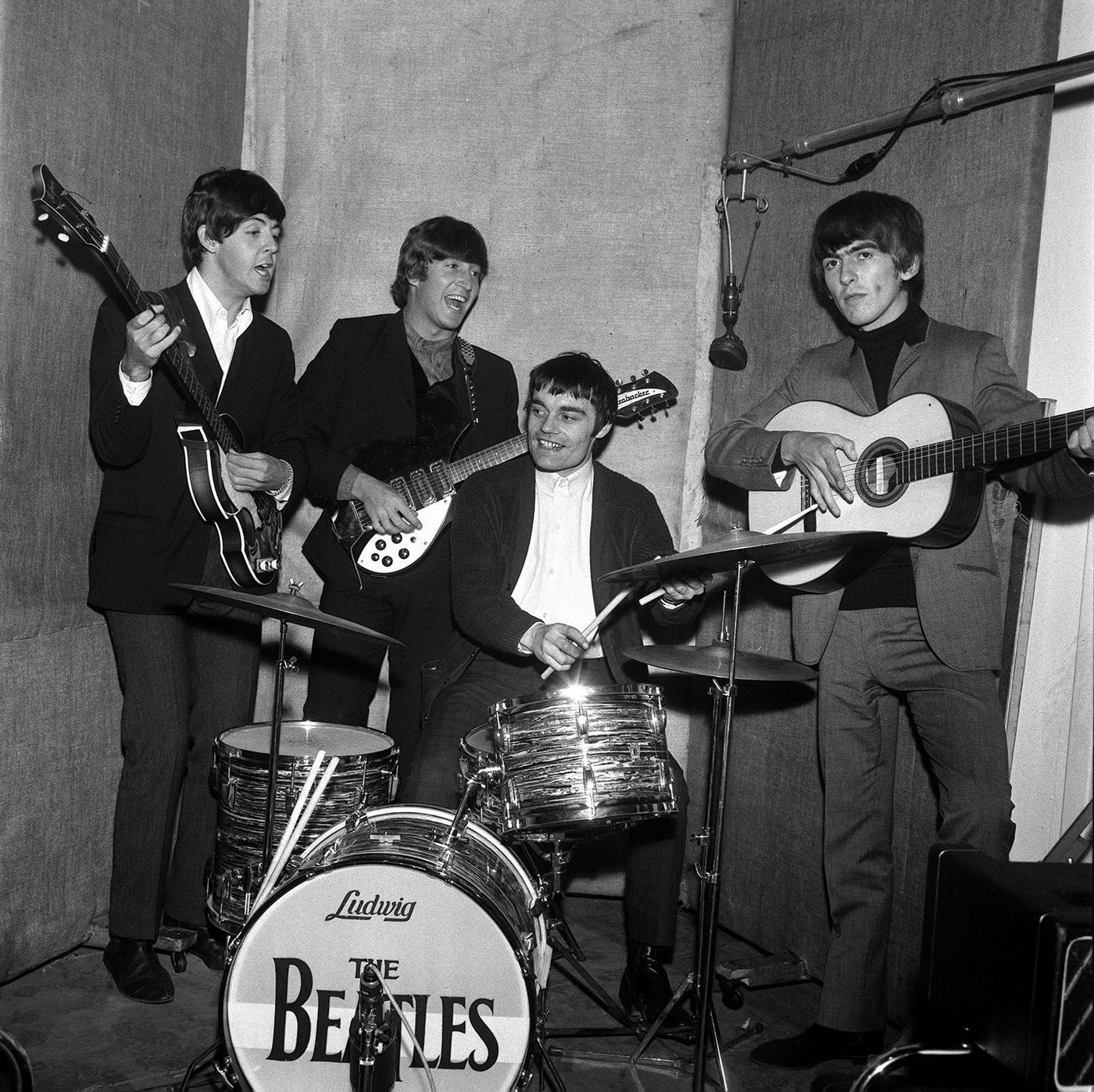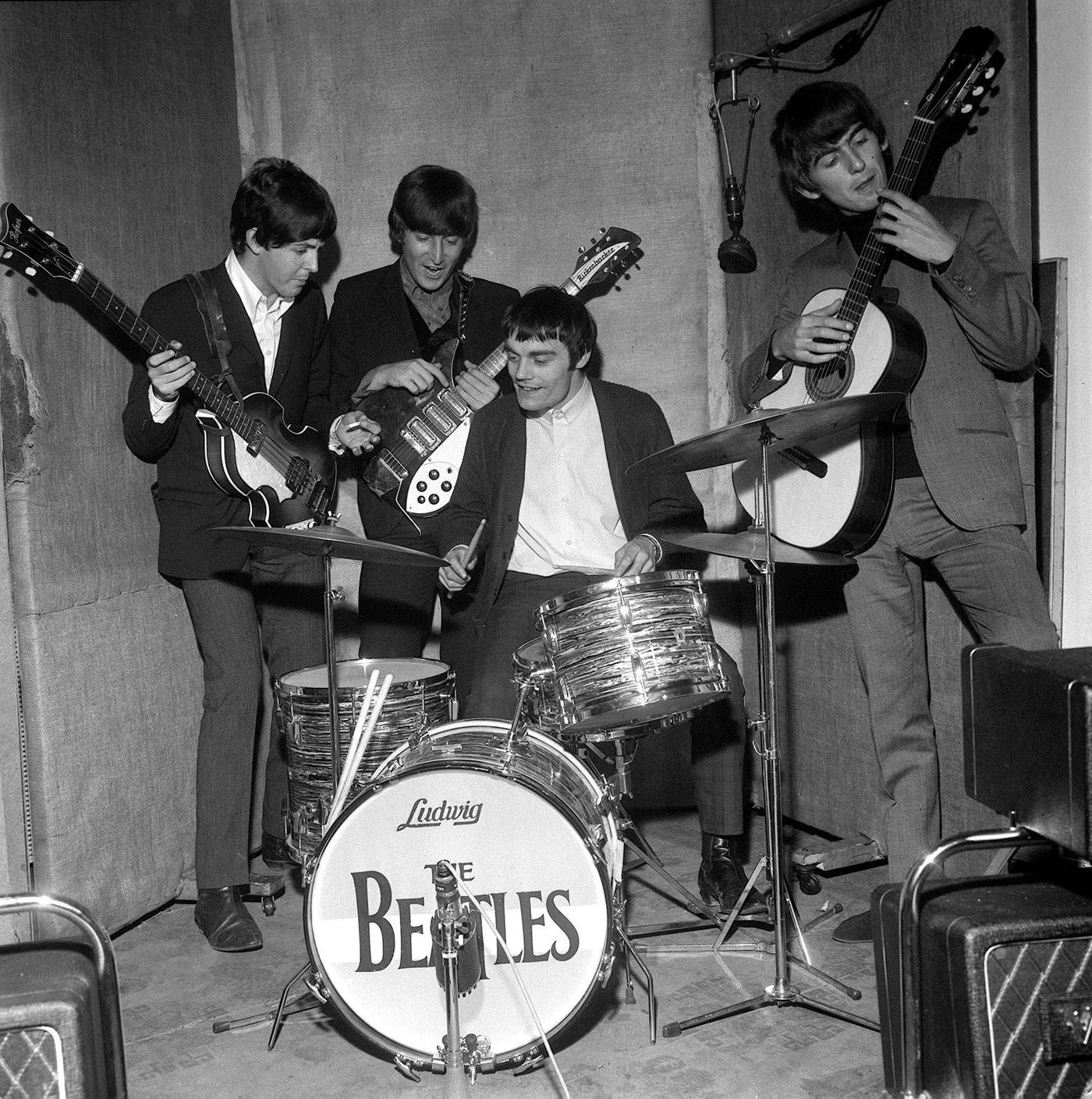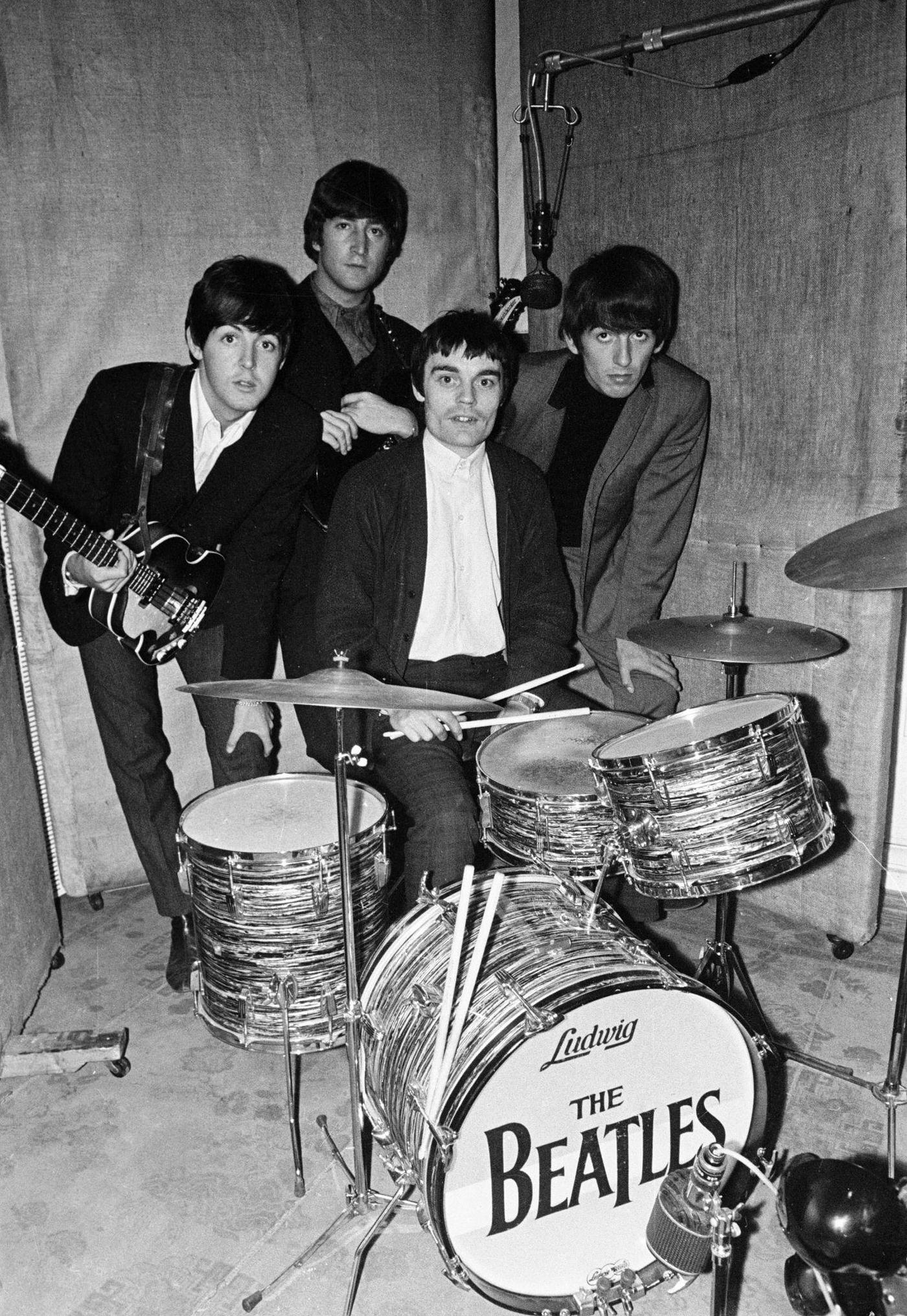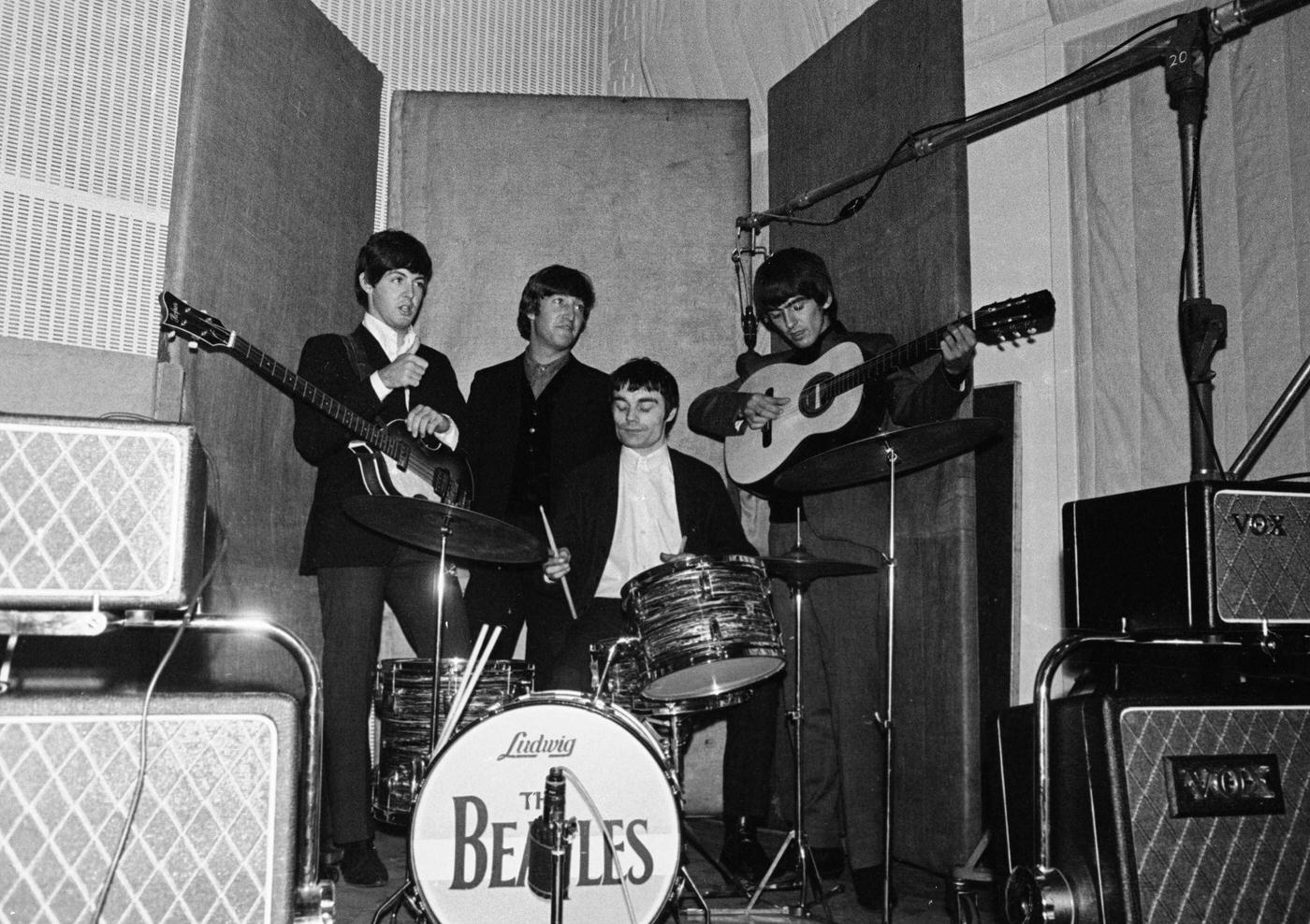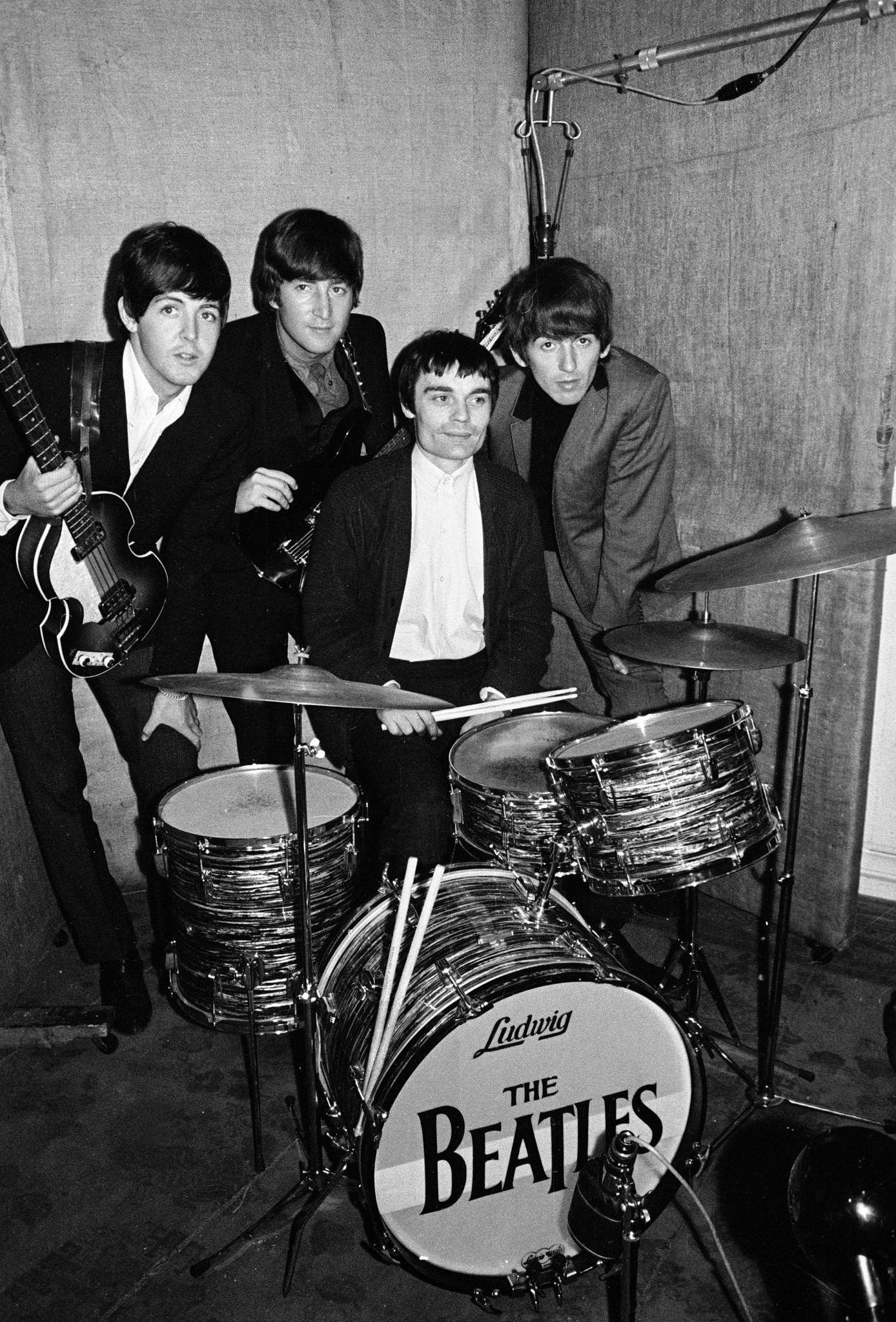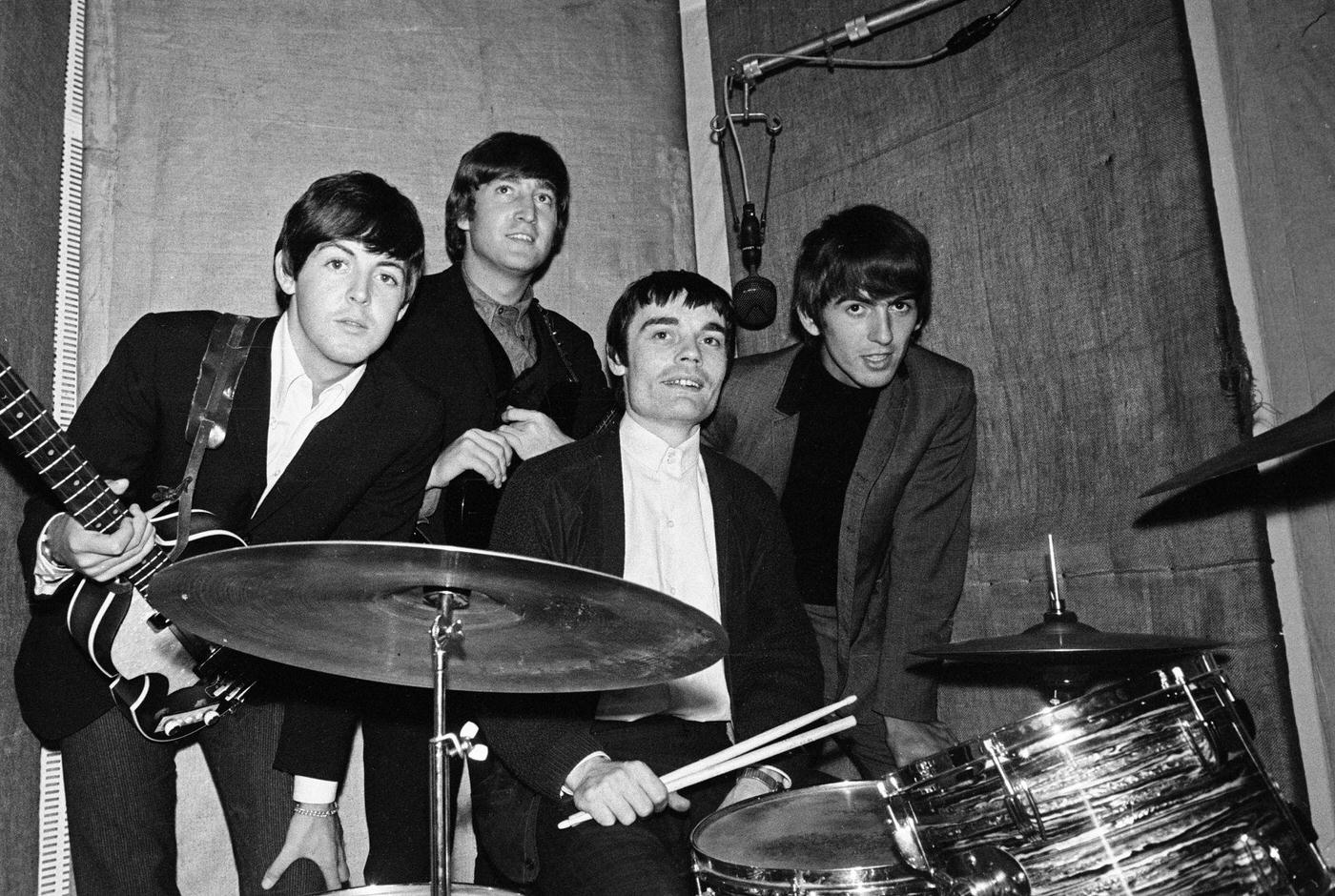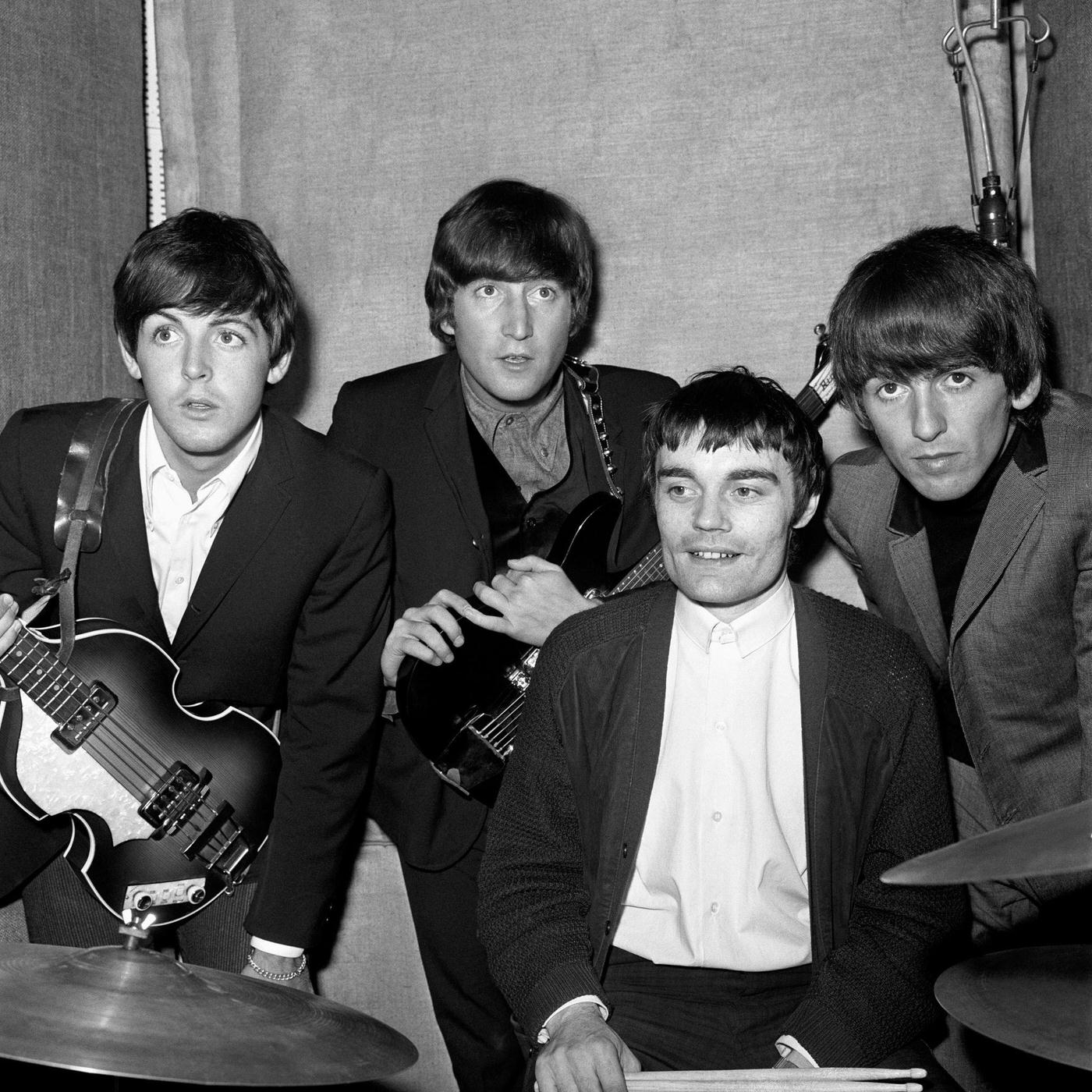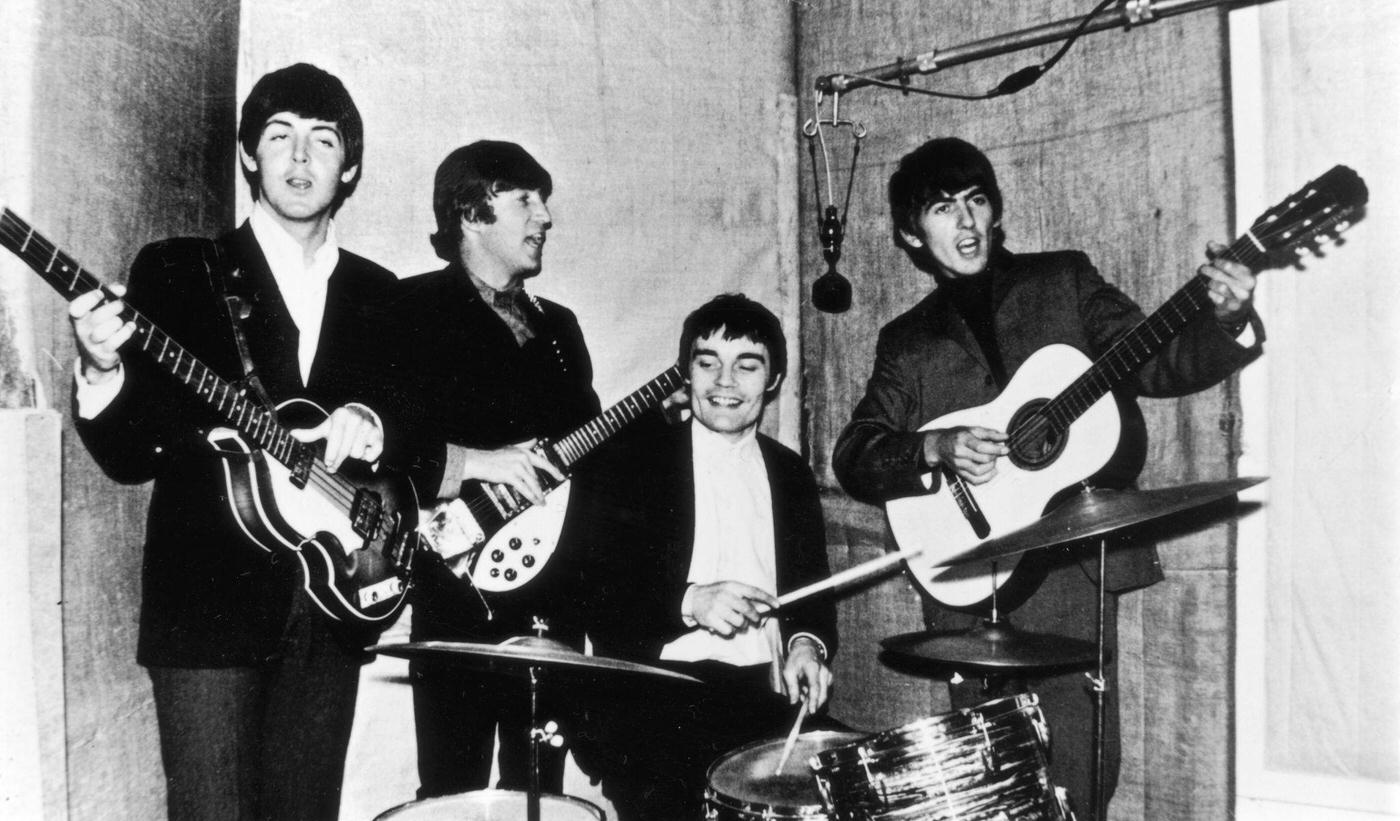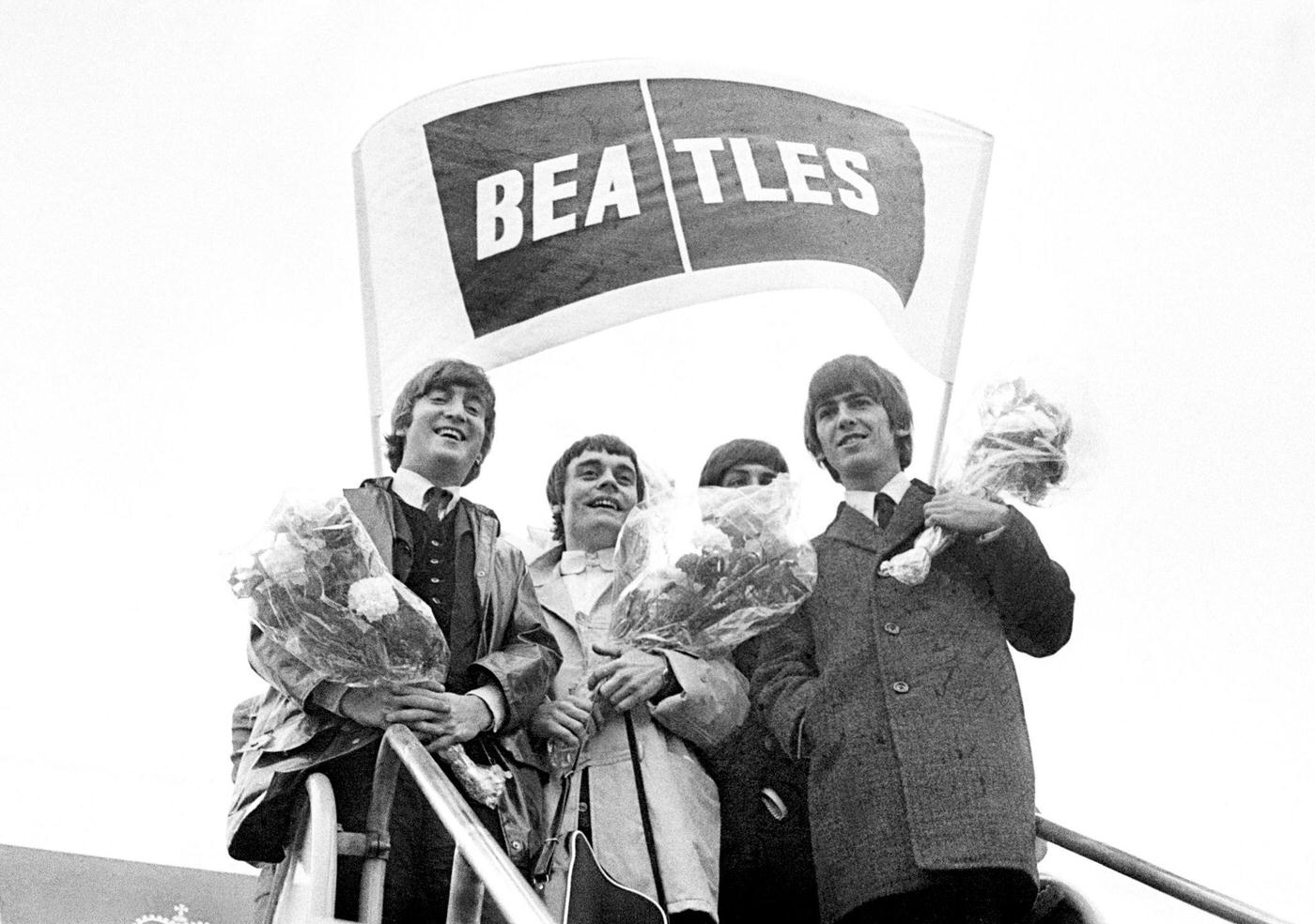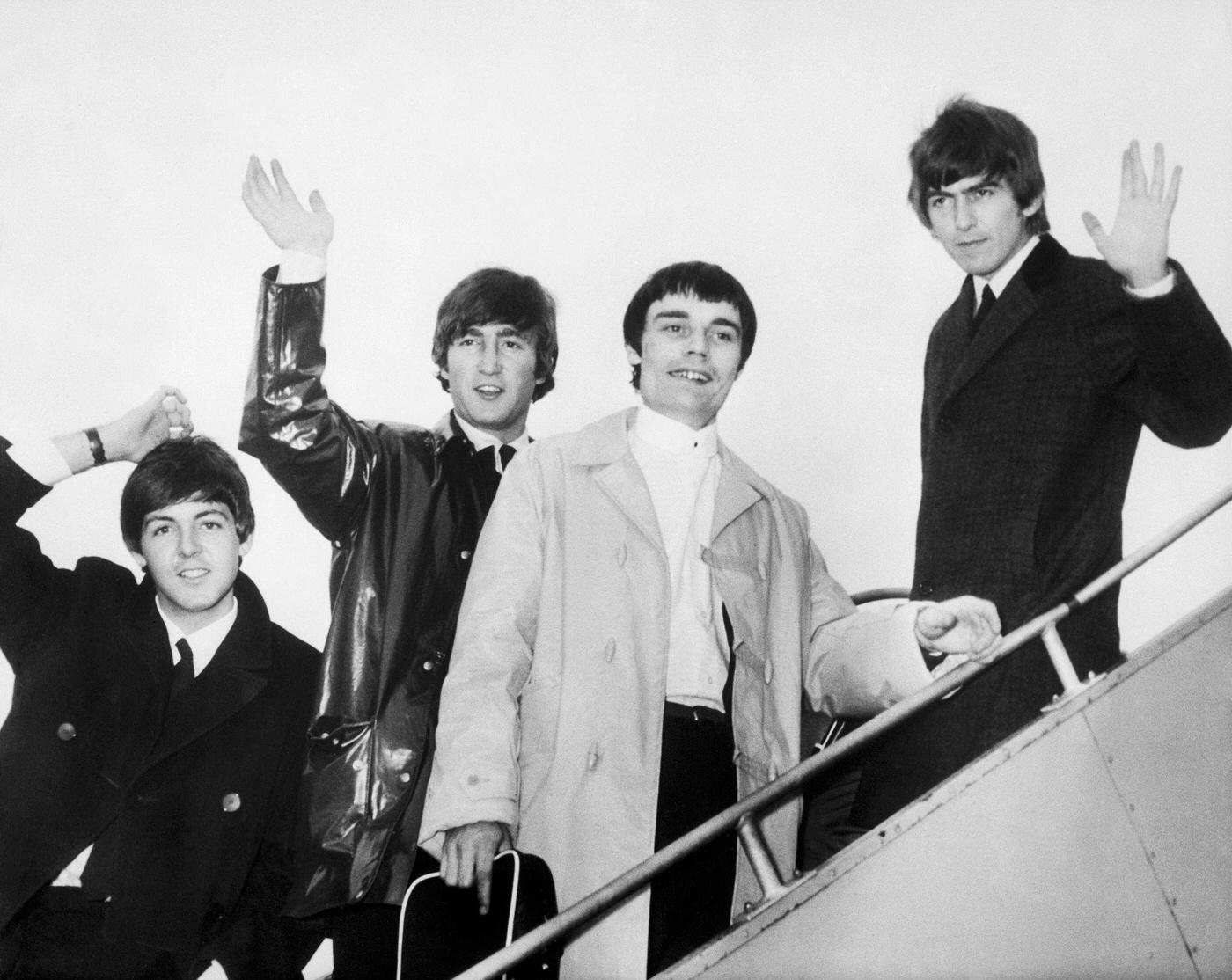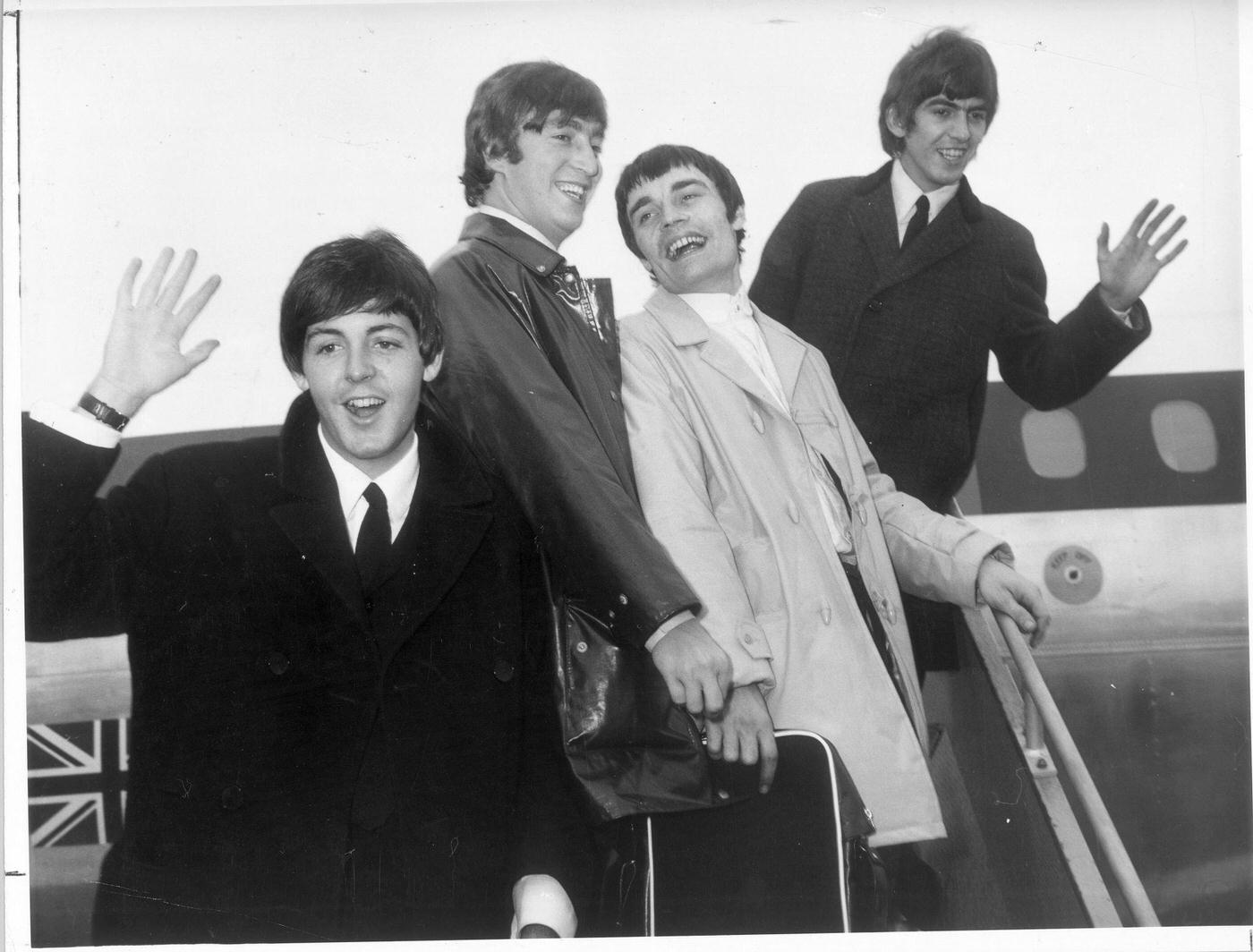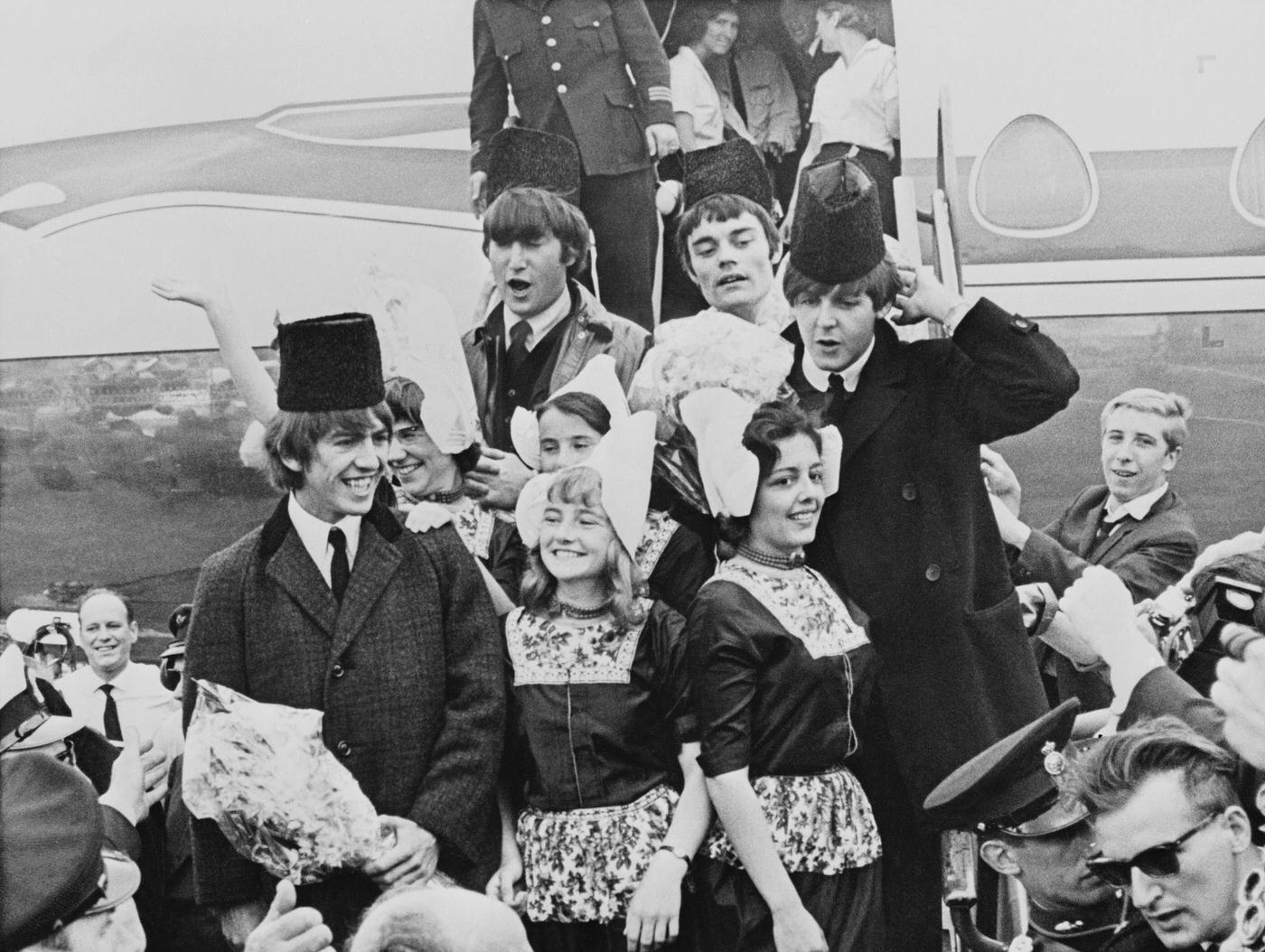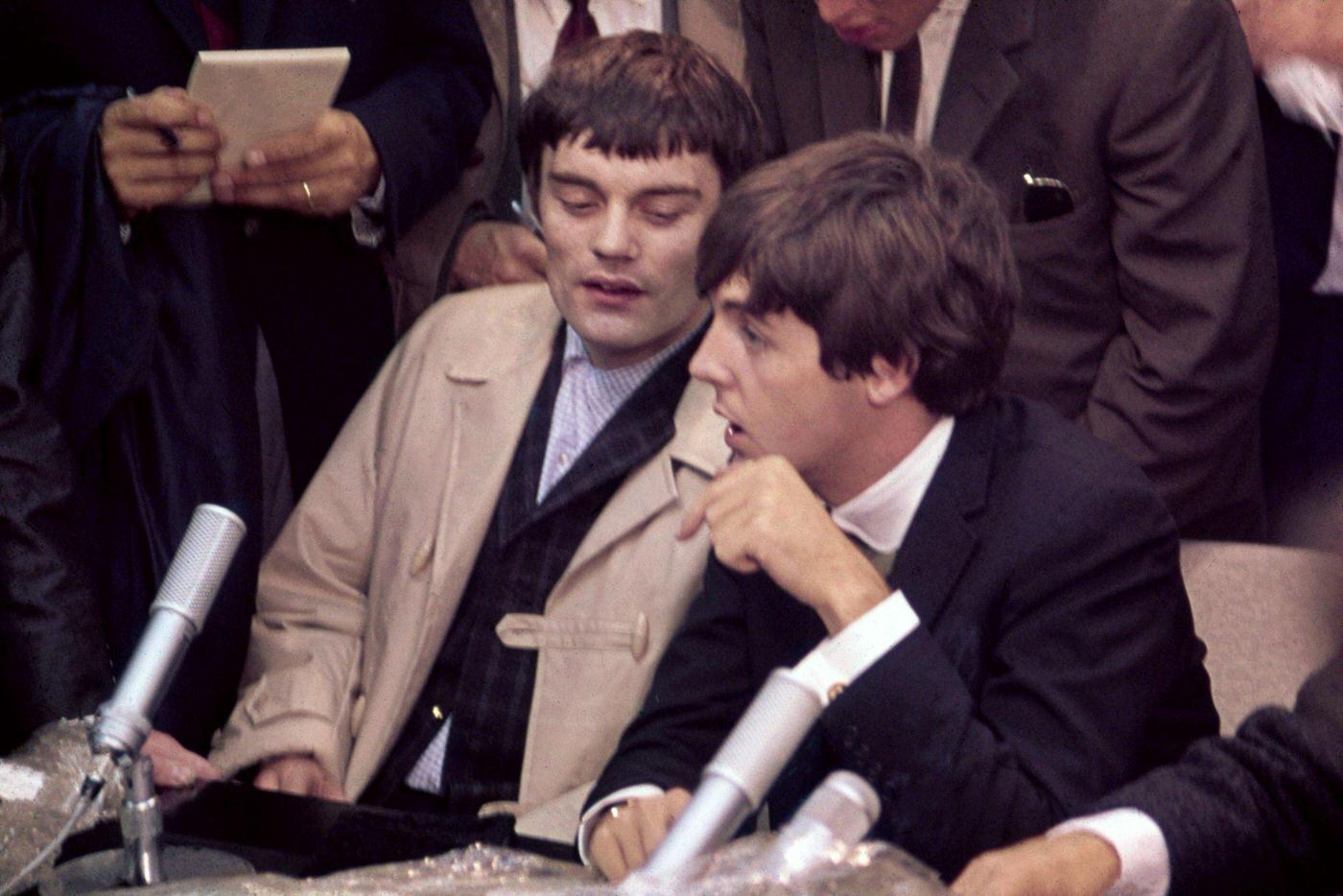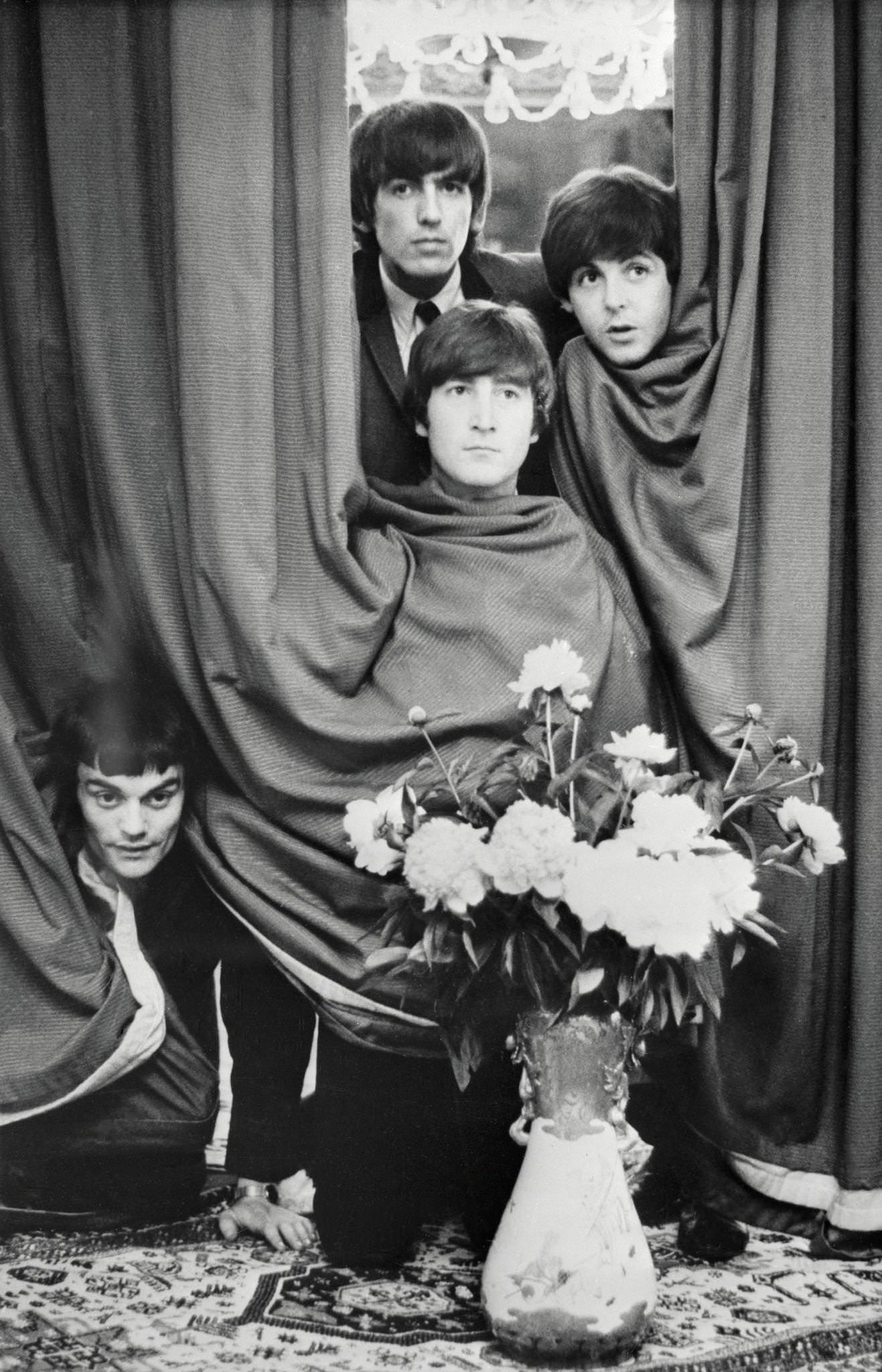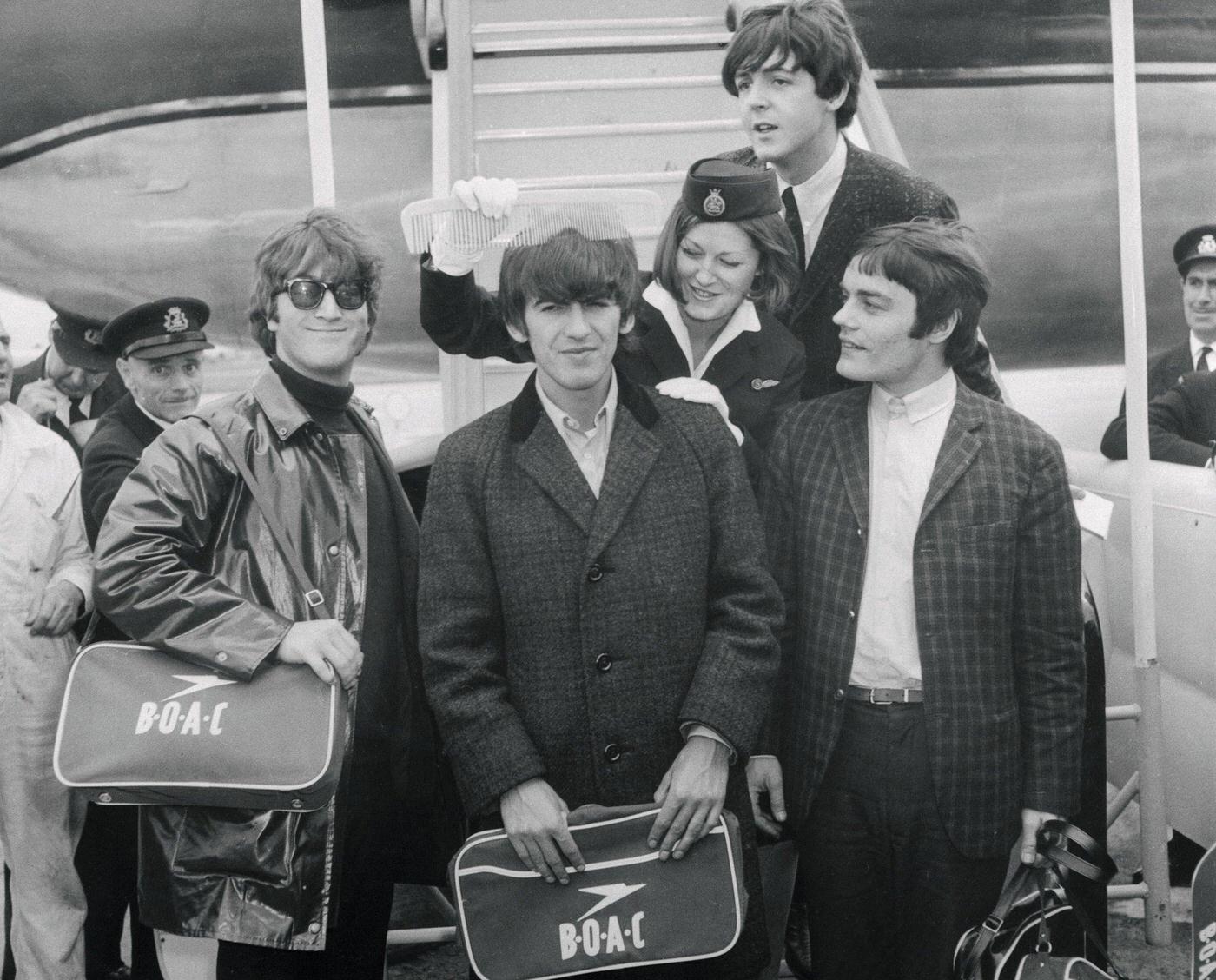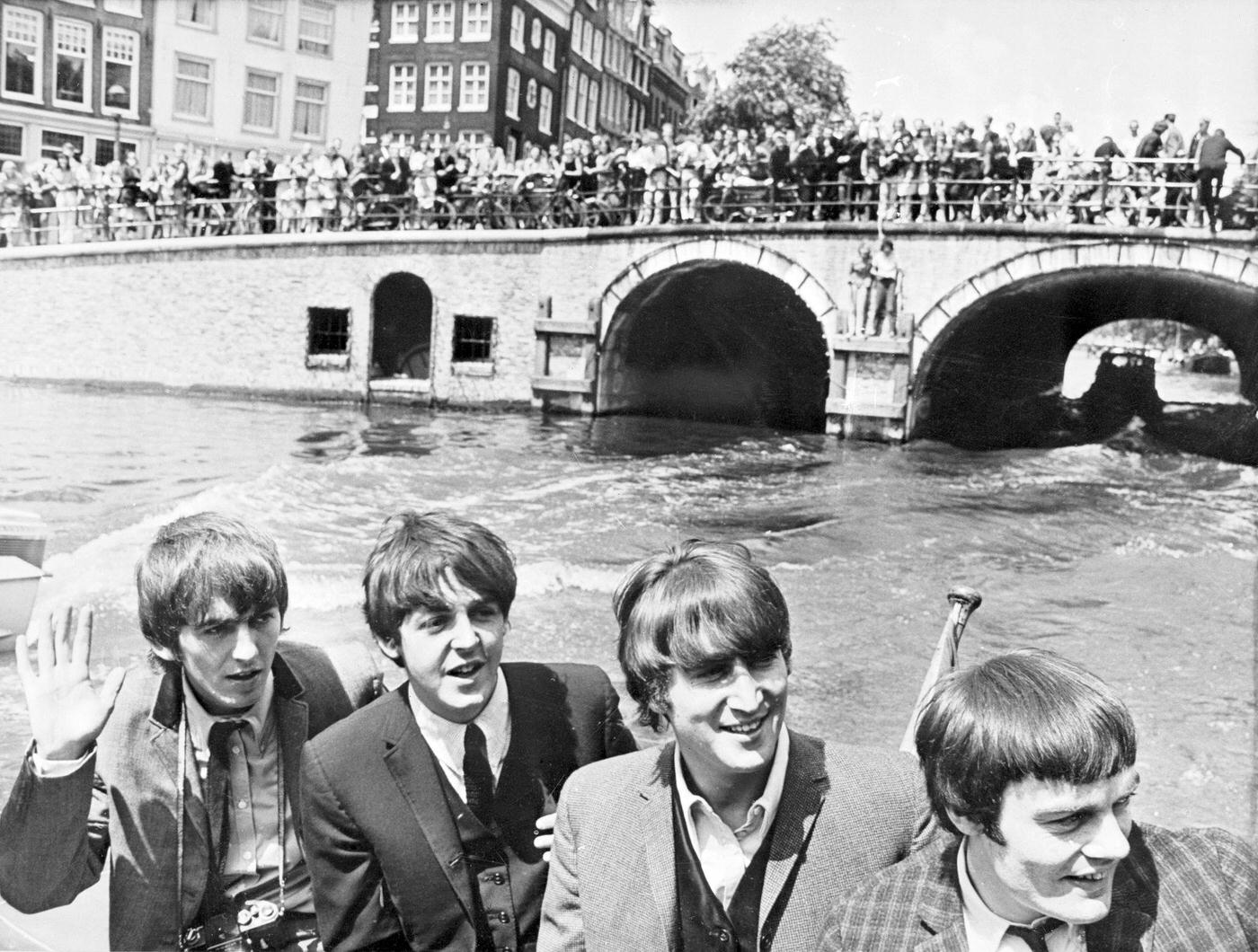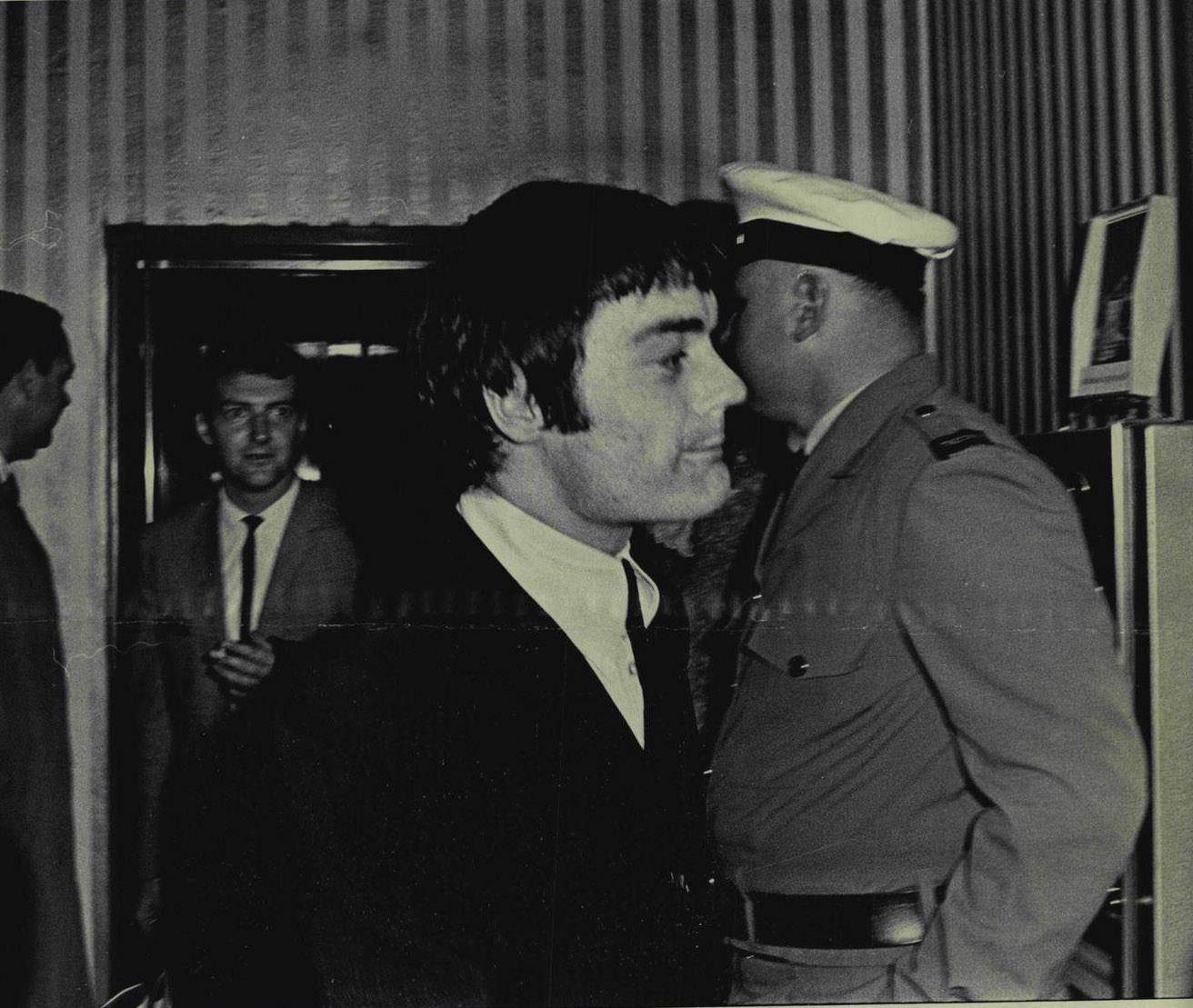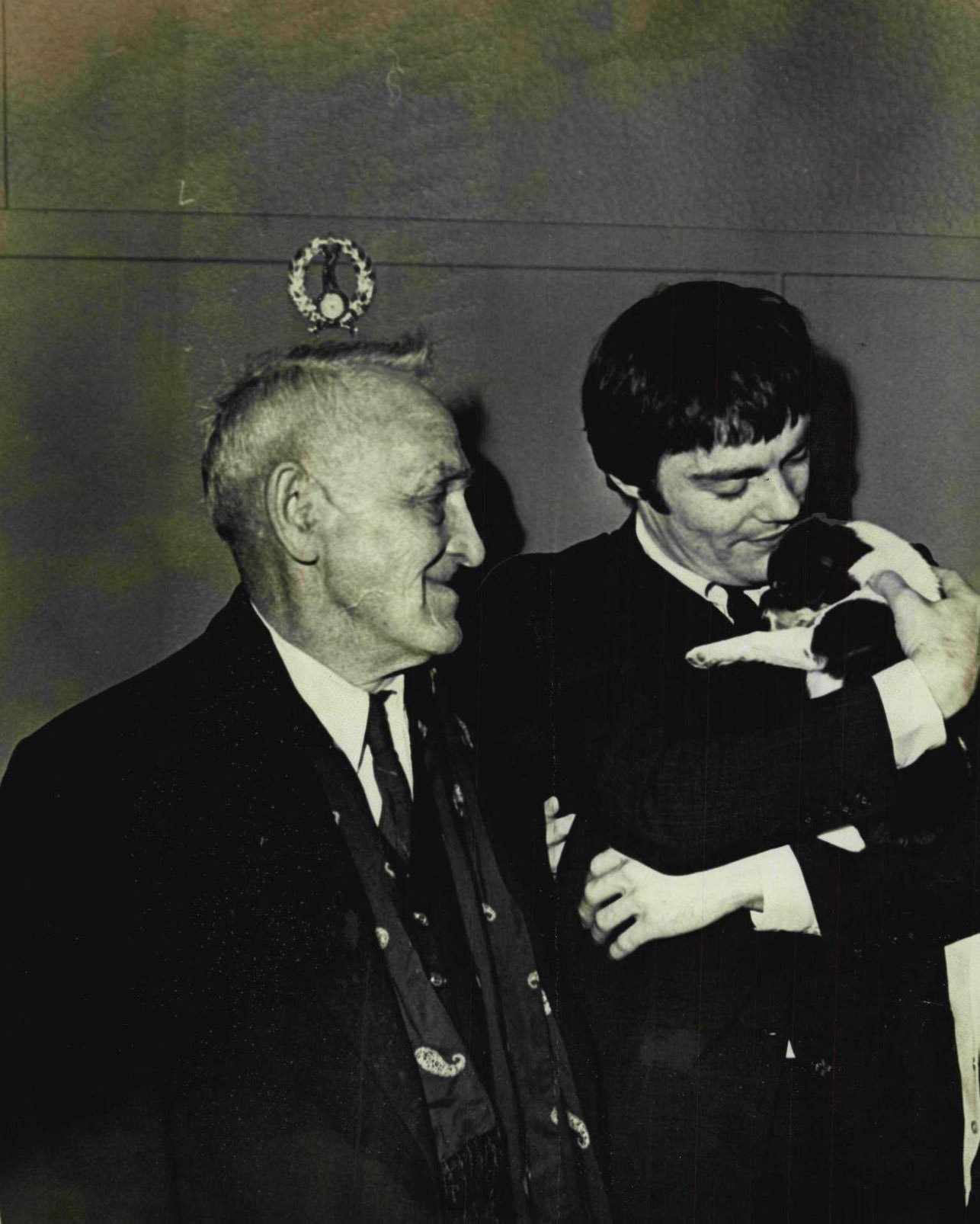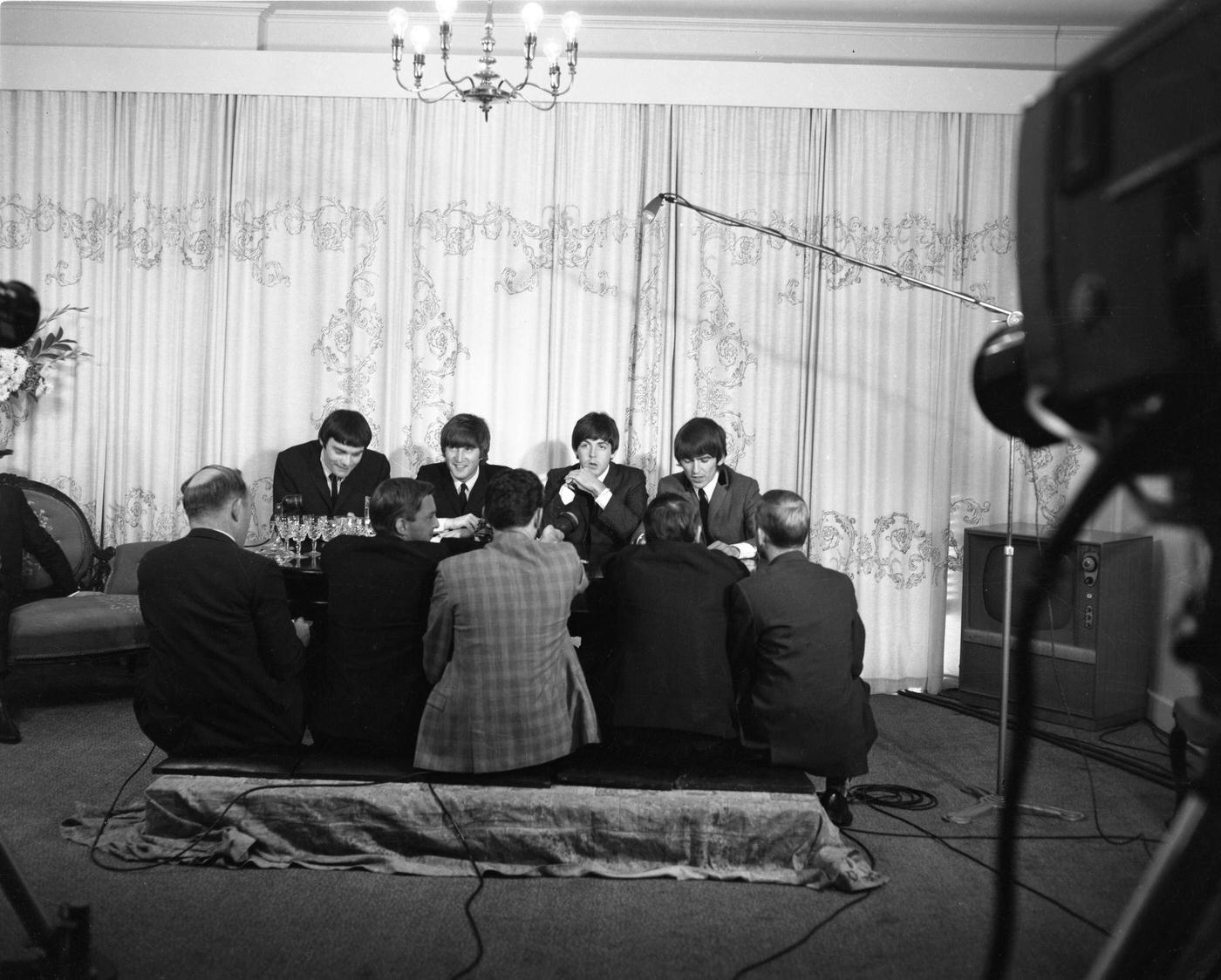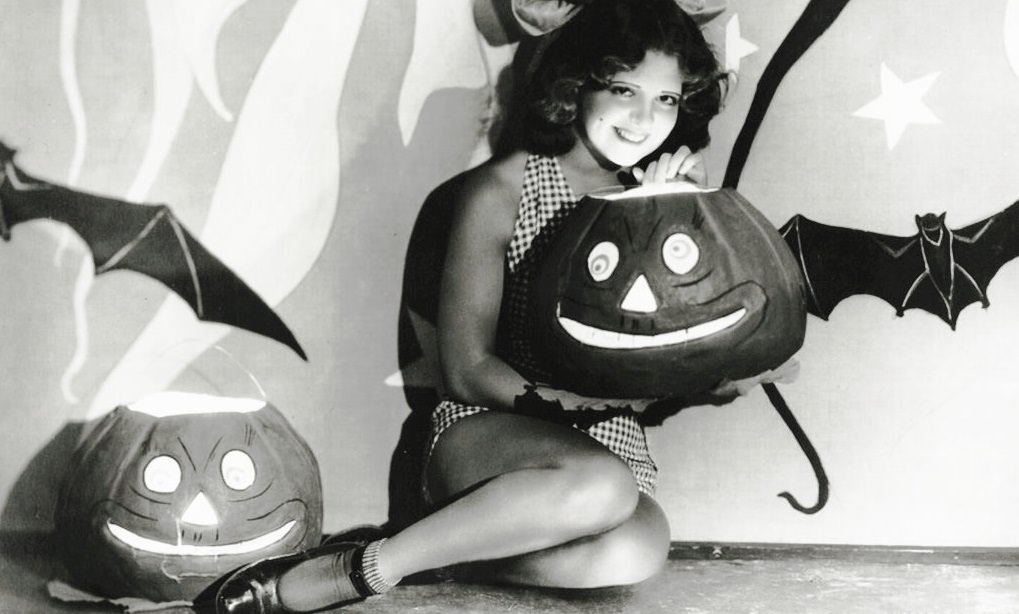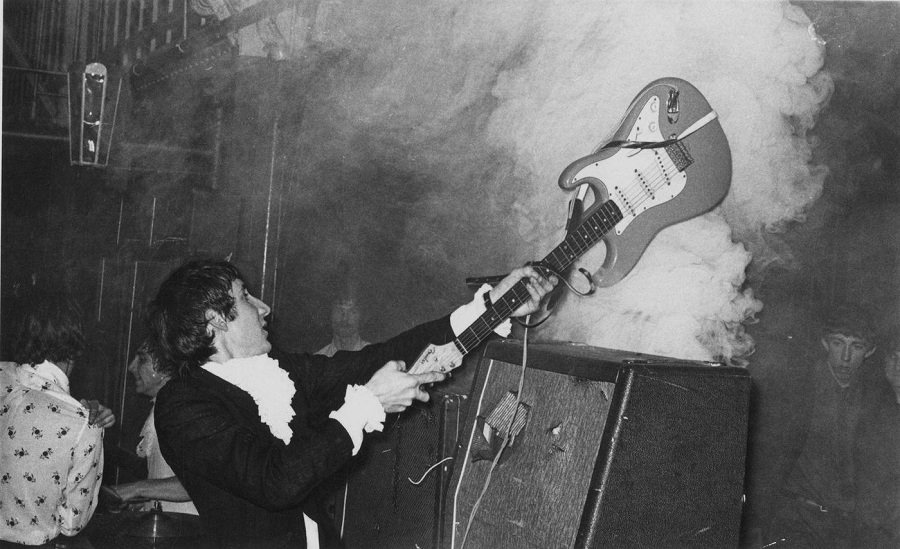Jimmie Nicol was born on August 3, 1939, in London, England. Coming from a modest background, Nicol took to drumming at a young age. He was largely self-taught, although he did receive some formal lessons. Before his sudden thrust into the limelight, Nicol played in various bands, including The Shubdubs and even his own ensemble, the Jimmie Nicol Band. He also worked as a session musician, providing the rhythmic backbone for recordings by other artists.
The Beatles Connection
In June 1964, the Beatles were on top of the world. They were scheduled to embark on a world tour that would cement their status as global icons. However, just before the tour began, Ringo Starr, the Beatles’ regular drummer, fell ill with tonsillitis. The band faced a dilemma; canceling the tour was not an option. Brian Epstein, their manager, frantically searched for a temporary replacement.
Enter Jimmie Nicol. He was chosen primarily because he was already familiar with the Beatles’ songs, thanks to his session work. Nicol was hurriedly brought in for a rehearsal on June 3, 1964. A day later, he found himself aboard a plane to Copenhagen, Denmark, to play his first gig as a Beatle.
The Height of Stardom
For Jimmie Nicol, the next two weeks were nothing short of a whirlwind. He played eight shows in Denmark, the Netherlands, Hong Kong, and Australia. He experienced the frenzy of Beatlemania firsthand: the screaming fans, the packed venues, and the constant media attention. Nicol was also paid £2,500 for his services and was given a £500 bonus at the end of the tour. For a brief moment, he tasted the unprecedented stardom that the Beatles enjoyed.
Replacing the Irreplaceable
Nicol didn’t try to imitate Ringo Starr but brought his unique style to the band. However, he was always aware that his role was that of a stand-in. Interviewed years later, Nicol described the experience as surreal but also unnerving, aware that he was sitting in for one of the most famous drummers in the world.
The End of a Short-Lived Era
On June 14, 1964, the Beatles, along with Jimmie Nicol, landed in Melbourne, Australia, for the next leg of their world tour. The atmosphere was electric with anticipation, as thousands of fans gathered to catch a glimpse of the iconic band. However, this day was marked for a different reason: the return of Ringo Starr, the band’s original drummer, who had been sidelined due to tonsillitis and pharyngitis. Starr had been medically cleared to rejoin his mates and flew in from England to meet them in Melbourne.
As news broke out about Ringo Starr’s recovery and arrival, there was an understanding that Nicol’s role as a stand-in drummer would come to an end. The tour’s management had made arrangements for a smooth transition, which was both a relief and a poignant moment for Nicol. He had been living a dream, and it was time to wake up.
Inside the hotel where the band was staying, Nicol removed his personal items from the drum kit, making way for Starr to reassume his role. It was a simple act but laden with symbolism. The stand-in was making way for the original, and life for both drummers was about to revert to what it had been before June 3, when Nicol had been hurriedly drafted in.
Before Nicol left the group, he was presented with a gold watch as a token of appreciation for his services. The watch bore an inscription that read, “From the Beatles and Brian Epstein to Jimmie — with appreciation and gratitude.” This was a significant gesture, acknowledging the crucial role Nicol had played in keeping the Beatles’ tour on schedule during an emergency.
Brian Epstein, the band’s manager, was especially appreciative of Nicol’s professionalism and his ability to adapt quickly to the band’s requirements. George Harrison, John Lennon, and Paul McCartney also expressed their gratitude, aware that Nicol had been thrust into an extraordinary situation and had handled it with grace.
Life After the Beatles
After his fleeting yet high-profile tenure with the Beatles, Jimmie Nicol tried to continue his career in the music industry. He created a new group called “The Spotnicks” and tried his hand at producing music. However, the success he briefly tasted was hard to sustain. It soon became clear that he needed to venture into new territories to make a living.
Nicol decided to diversify his career and moved away from the music industry, which, given his brief stint of high fame, presented a constant contrast to his increasingly ordinary life. He got involved in various businesses, including property development.
The Struggles and Disappearances
The late 1960s and 1970s were a period of relative obscurity for Nicol. He faced several challenges, including financial troubles that made headlines in the British press. At one point, he declared bankruptcy, which further diminished his public profile.
Interestingly, Nicol seemed to disappear from public view intermittently. Reports suggest that he lived in several different countries, including Mexico, during these “missing years.” There were even rumors at different times suggesting that Nicol had passed away, given his almost ghost-like disappearance from the public eye.
Interviews and Reflections
In the late 1980s, Jimmie Nicol resurfaced and began granting interviews to the media. These interviews were often tinged with a sense of nostalgia but also carried an air of caution, as if Nicol was wary of revisiting his past. When asked about his time with the Beatles, he often remarked how it felt like a dream and how the experience, while exhilarating, was also a stark reminder of the fickle nature of fame.
Family Life
Details about Nicol’s family life are scarce, adding another layer of mystery to his persona. What is known, however, is that he had been married and had children. His family life remained private, and Nicol made it a point to shield his loved ones from the public scrutiny that he had once faced.
Final Years
By the late 1990s, Nicol had retreated entirely from public life. He opted for a low-key lifestyle, away from the glaring lights of fame or the prying eyes of the media. While the exact details are not public, it’s known that he lived his final years in relative obscurity.
The world may have largely forgotten Jimmie Nicol, or relegated him to a trivia question, but for 13 days, he was a Beatle. He was at the eye of the pop culture storm, living what many would consider being a dream. Yet, his later years seem to reflect the complexities that come with tasting such unprecedented fame, even if it was incredibly short-lived.


